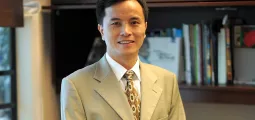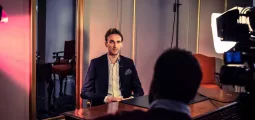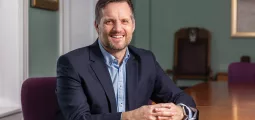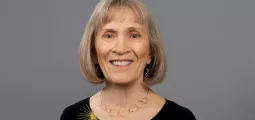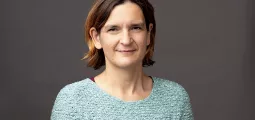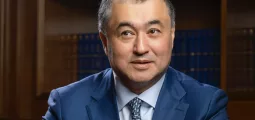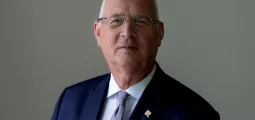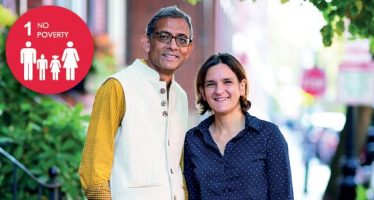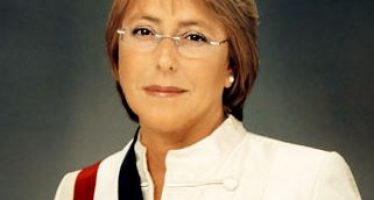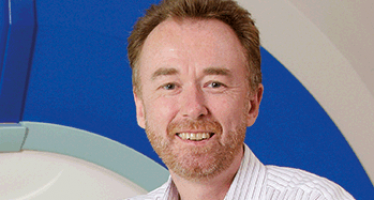Back to Africa – Chibwe Masabo Henry: The Diaspora as a Driver of Development
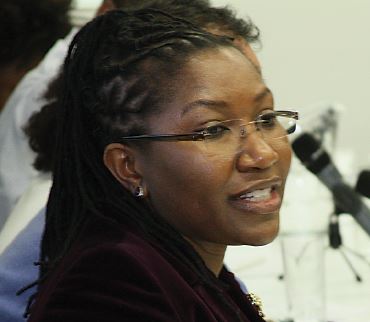 Having medical doctors, specialists, nurses and other healthcare workers readily available to take charge in case of illness may be the norm in many developed countries; it still is much the exception elsewhere on the globe. Countless lives are lost or ruined simply because no medical personnel were available to help patients overcome often relatively simple ailments. In many emerging countries, politicians enjoy cutting ribbons at newly built hospitals and health centres but often neglect to provide funding for proper staffing. The shrinking aid budgets have not improved the situation.
Having medical doctors, specialists, nurses and other healthcare workers readily available to take charge in case of illness may be the norm in many developed countries; it still is much the exception elsewhere on the globe. Countless lives are lost or ruined simply because no medical personnel were available to help patients overcome often relatively simple ailments. In many emerging countries, politicians enjoy cutting ribbons at newly built hospitals and health centres but often neglect to provide funding for proper staffing. The shrinking aid budgets have not improved the situation.
Contrast this to the many thousands of highly trained African medical professionals who were lured overseas by attractive salaries but often yearn to return home if only they could. This is where Diaspora for African Development (DfAD) steps in to help remedy the situation. DfAD is an initiative of Chibwe Masabo Henry from Zambia who is also involved with the global Enough Food for Everyone campaign. Mrs Masabo Henry is convinced that Africa’s social and economic development can be significantly boosted by tapping into the wealth of knowledge and experience of the continent’s diaspora.
DfAD actively engages African expat professionals, associations, businesses, and communities to help deliver sustainable progress. “Many of the skilled people who left the continent were trained here at great expense. Countries such as Canada and the UK have drained Africa of many thousands of physicians. These are precisely the people we need to come back. In order to do so, we must create the right conditions and this is what DfAD aims to do.”
Mrs Masabo Henry emphasises that if the current situation endures, over one billion people worldwide will never see a health worker: “Whereas Africa bears 24% of the world’s disease burden, the continent has only 3% of the world’s health workers. For North America these numbers are inverted. There, 37% of all global health professionals deal with barely 10% of the global disease burden.”
DfAD has enjoyed some success in creating awareness in the UK of the issue. Recently, the high commission of Zambia in the UK launched an ambitious drive to register all Zambian health workers in its jurisdiction. The aim is to find areas of cooperation that could, in time, benefit healthcare in Zambia. The high commission is organising events with a view to rallying expat health professionals to its cause.
“It is not just about convincing these workers to return home. Some may not want to do that yet, but most are willing to lend their expertise to further healthcare programmes and help train new professionals.” Mrs Masabo Henry’s Diaspora for African development also runs comprehensive programmes aimed at influencing decision-making processes in both home and host countries, furthering education through engaging with the diaspora, and helping small business owners gain a toe or foothold in Africa.
You may have an interest in also reading…
Poverty Myths, and Professorial ‘Power Couple’ Dispelling Them
Abhijit Banerjee and Esther Duflo give new meaning to the term “power couple”. The husband-and-wife team are economics professors at
Michelle Bachelet and the Right of a Woman to Decide
When Chile’s government was ousted by Augusto Pinochet in 1973, Michelle Bachelet’s father (a supporter of the deposed Salvador Allende)
Adrian Owen: Brain Whisperer
He is almost universally hailed as a miracle worker; a scientist who can release minds trapped inside bodies on artificial













